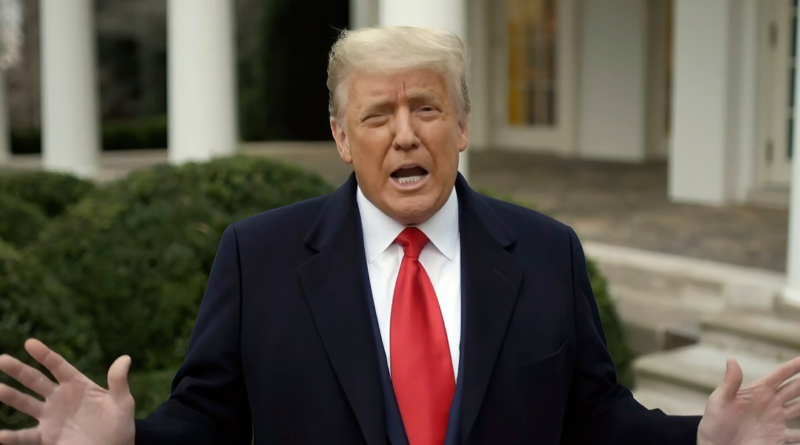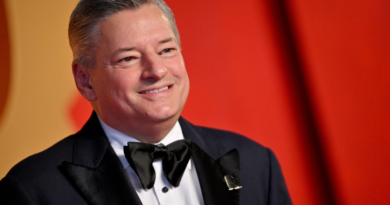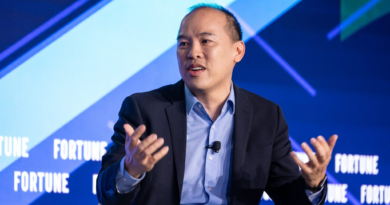Supreme Court takes up case on whether Donald Trump is immune from prosecution
The justices’ order maintains a hold on preparations for a trial focused on Trump’s efforts to overturn his election loss. The court will hear arguments in late April, with a decision likely no later than the end of June.
But even with a timetable that is much faster than usual, the court action calls into question whether a trial for Trump, assuming the justices deny his immunity bid, can be scheduled and concluded prior to the November election.
Trump’s lawyers have sought to put off a trial until after the voting.
By taking up the legally untested question now, the justices have created a scenario of uncertainty that special counsel Jack Smith had sought to avoid when he first asked the high court in December to immediately intervene. In his latest court filing, Smith had suggested arguments a full month earlier than the late April timeframe.
Spokespeople for Trump and Smith did not immediately respond to a message seeking comment.
The court said in an unsigned statement that it will consider “whether and if so to what extent does a former President enjoy presidential immunity from criminal prosecution for conduct alleged to involve official acts during his tenure in office.”
The Supreme Court has previously held that presidents are immune from civil liability for official acts, and Trump’s lawyers have for months argued that that protection should be extended to criminal prosecution as well.
Lower courts have so far rejected Trump’s novel claim that former presidents enjoy absolute immunity for actions that fall within their official job duties. A panel of appellate judges in Washington ruled earlier in February that U.S. District Judge Tanya Chutkan, who would preside over the election interference trial, was right to say that the case could proceed and that Trump can be prosecuted for actions undertaken while in the White House and in the run-up to Jan. 6, 2021, when a mob of his supporters stormed the U.S. Capitol.
The issue reached the high court because the appeals court refused to grant the delay that Trump has sought.
The case is separate from the high court’s consideration of Trump’s appeal to remain on the presidential ballot despite attempts to kick him off because of his efforts following his election loss in 2020. During arguments on Feb. 8, the court seemed likely to side with Trump. A decision could come any time.
The high court also will hear an appeal in April from one of the more than 1,200 people charged in the Capitol riot. The case could upend a charge prosecutors have brought against more than 300 people, including Trump.
The election interference case in Washington is one of four prosecutions Trump faces as he seeks to reclaim the White House. Of those, the only one with a trial date that seems poised to hold is his state case in New York, where he’s charged with falsifying business records in connection with hush money payments to a porn actor. That case is set for trial in March 25, and a judge this month signaled his determination to press ahead.
A separate case charging him with illegally hoarding classified records is set for trial on May 20, but a pivotal hearing Friday seems likely to result in a delay. No date has been set in a separate state case in Atlanta charging him with scheming to subvert that state’s 2020 election.




